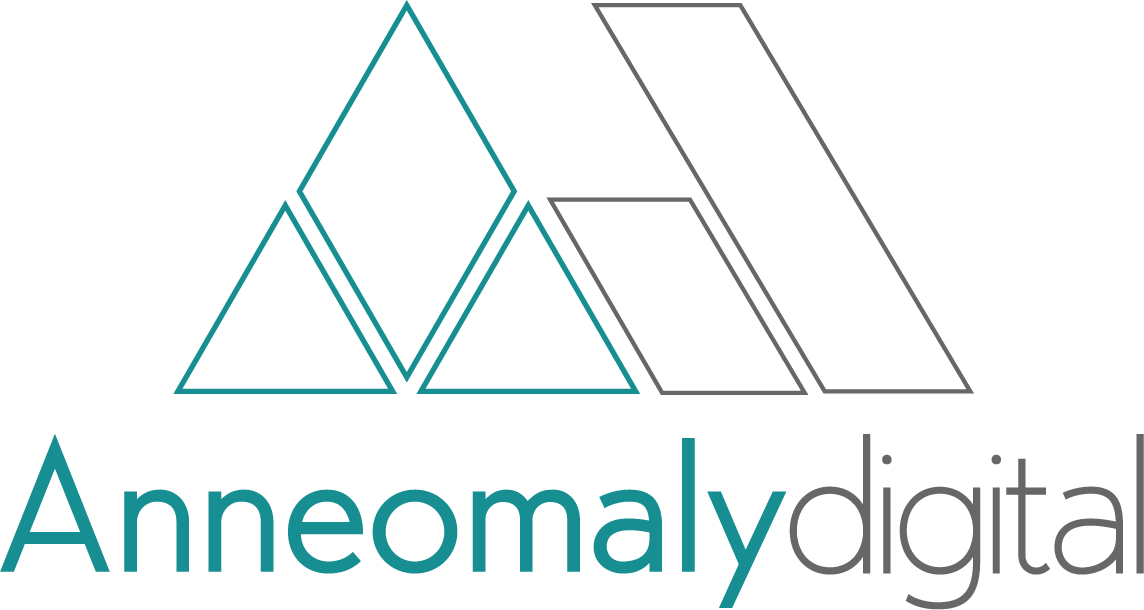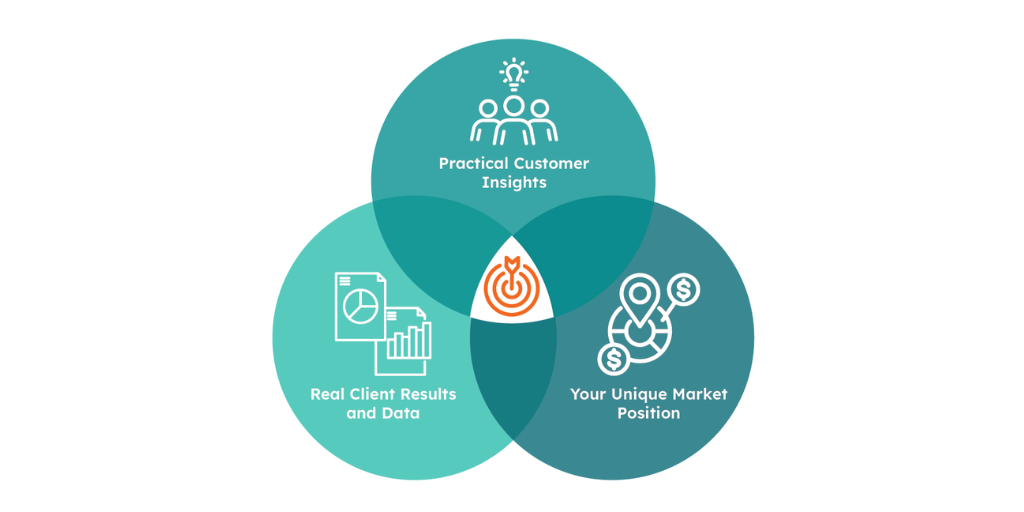The Zero-Click World: How B2B Companies Must Adapt Content for AI Search
TL;DR: Your prospects are getting answers from ChatGPT and Claude instead of visiting your website. Most AI models train on data that's 6-18 months old, so the content you create today determines whether you show up in future AI responses. Companies that build consistent content across multiple channels will own mindshare when these models get updated. Keep doing ‘best-in-class marketing’ across all channels - blog, social, articles, conferences....
Website traffic isn't the same metric that it used to be. People search in ChatGPT instead of Google. They ask Claude about vendor comparisons. They want Gemini to explain complex solutions.
Your prospects are getting answers without ever visiting your website - thus this fun new term >> ZERO-CLICK.
I recently joined a call with a Forrester marketing analyst to chat about AI in web search. The takeaway? We're now living in a zero-click world. And most B2B companies aren't ready for it - or really even know what it all means... but it's all we can talk about these days, right?
Quick note: AI is still new-ish to all of us. What I'm sharing here comes from big-brained analysts and our own early research, but it's all theory at this point. Nobody really knows what the AI/LLM world will bring. We're all figuring this out as we go. But if someone would tell my sister to stop using AI as a therapist instead of visiting her actual therapist, that would be great.
The Numbers Behind the Shift
Let's be real about the scale here. Google still dominates with about 14 billion daily queries, while ChatGPT handles around 37.5 million prompts per day. That's Google processing roughly 373 times more searches than ChatGPT.
But here's what matters: LLMs represent less than 1% of total search traffic right now, but experts predict AI tools could capture 14% of the search market by 2028. For B2B companies, this isn't about replacing Google strategy tomorrow. It's about positioning for where search is heading.
In Q4 2024, only 21% of US web users visited ChatGPT monthly, and 99.8% of those users also used Google. Your prospects aren't abandoning traditional search - they're adding AI search to their research process. For how long though? Anyone’s guess, tbh.
The New Search Reality
Your prospects aren't asking ChatGPT generic questions like "Who are the top 10 marketing automation vendors?" They're asking specific, detailed questions about their actual problems (have you been searching any of these lately?):
"What's the ROI difference between HubSpot and Salesforce for a cybersecurity company with 50 employees?"
"How long does it take to implement marketing automation for a B2B service company doing $5M in revenue?"
"What are the hidden costs of switching from Mailchimp to a full marketing platform?"
People ask longer, more complete questions now. Instead of searching "HubSpot pricing," they ask "What's the difference between HubSpot and Salesforce for a 50-person B2B company?" These detailed, context-rich questions get answered without prospects ever visiting your website.
The AI pulls from case studies, blog posts, review sites, and social content to give comprehensive responses. That answer either positions your company as the solution or completely ignores you. There's no middle ground.
After getting basic questions answered by AI tools, prospects come to your website and social channels with deeper, more specific needs. Your sales team probably notices this - prospects arrive more informed but with tougher questions. They've done initial research in AI tools, but now they want details those tools can't provide.
These AI tools surface content through web crawling, data partnerships, and algorithm weighting. But there aren't standard attribution tools yet. Each platform handles sources differently. You might be getting qualified leads who never show up in your website analytics because they researched you entirely through AI tools.
The Long Game: Why Timing Matters
Here's something most companies don't realize: LLMs have their knowledge "frozen" at a specific temporal point unless deliberately updated or augmented with additional tools.
Most AI models aren't constantly learning - they have what are called “Knowledge Cutoff Dates.” The current GPT-4o knows information up to October 2023. Claude 3.5 Sonnet cuts off at April 2024. But the newest models are more current - Claude 4 Sonnet and Gemini 2.5 Pro both have knowledge through January 2025.
But here's where it gets complicated: there's a big difference between what AI models know inherently and what they can find through web browsing. ChatGPT's built-in knowledge might end at October 2023, but when it has browsing capabilities, it can retrieve current information beyond that cutoff date. Same goes for other AI tools.
This means your content strategy needs to work on two levels. Your older, established content gets baked into the AI's core knowledge during training updates. But your current content - the blog posts you publish today, the case studies you just completed - can show up in AI responses right now when tools search the web.
What you're doing now is laying groundwork for updates that happen every 6-18 months. The content you create today won't show up in the AI's permanent knowledge immediately. But when these models get retrained, your consistent presence across multiple channels becomes the foundation for future AI visibility.
And in the meantime, that same content can get surfaced through real-time web searches.
How to Show Up in AI Responses
Make your content discoverable everywhere buyers are. AI tools find information across multiple touchpoints - your website, social media, industry publications, review sites.
We've always said this about social media, and the same principle applies to AI search - it's one part of your strategy, not the whole strategy. Your LinkedIn posts, guest articles, podcast appearances, and case studies all feed into AI responses.
You need comprehensive presence at every funnel stage. One blog post won't cut it. You need authority across multiple platforms and content types.
Your social posts are probably getting longer. LinkedIn posts with depth outperform quick updates. Industry discussions need context. Your social content is naturally evolving to match what AI tools favor.
Not doing blogs regularly? Now's the time to start. You have to give AI something to work with. A few social posts won't establish authority when ChatGPT needs to recommend vendors. Regular blog content creates the depth AI tools need to understand your expertise.
Focus on what makes content stand out:
Data and proof points from your actual experience
A unique point of view based on your market position
Customer stories and real outcomes
Authority signals across multiple channels
Short-form content gets lost in AI responses. Long-form content with specific examples and data points gets referenced. Companies building consistent content libraries will now own mindshare in future AI updates.
The Content Strategy That Works
Start with the basics. Doing THE BASICS consistently and correctly is still a win. Meta descriptions, consistent messaging, clear authority signals. AI tools parse structured content better than marketing fluff.
Answer the deeper questions. After prospects get basic information from AI tools, what do they ask your sales team? What holes do they poke in your positioning? Put those answers on your website.
Use your data. If you have proof points, customer outcomes, or market research, use it. AI tools favor content with specific data over generic claims.
Take a point of view. Generic industry content gets lost. Content with a specific perspective stands out. "Conversations with customers" and interview-style content perform well.
AND remember: humans are still reading this stuff. While we're optimizing for AI search, actual people still need to understand and connect with your content. Write for the insurance adjuster researching restoration vendors at 9 PM after a long day of claims, not just the algorithm that might reference it six months from now. Good content works for both.
What This Means for B2B Marketing
Traditional SEO metrics don't tell the whole story anymore. Someone might never visit your website but still become a qualified lead because they found you through an AI search.
This isn't about gaming AI algorithms. It's about creating content that genuinely helps prospects make decisions. Content that combines your unique experience with useful information.
The companies that adapt fastest will own mindshare in AI responses. Those who don't will become invisible to prospects who never leave ChatGPT or Claude.
The Partnership Imperative
Most B2B leaders don't have time to figure out AI content strategy on top of everything else. This requires understanding both your market and how AI tools surface information.
Strategic partners who know your buyers can help identify the gaps between what AI tools provide and what prospects actually need. They can create content that shows up in AI responses while driving qualified conversations.
Ready for the Zero-Click Future?
AI search isn't coming - it's here. Your prospects are already using these tools to research solutions.
The question is whether your company shows up in their results.
We help B2B companies create content strategies that work in the zero-click world. Our approach combines market understanding with AI optimization to ensure you're visible where your prospects are searching.
Want to see how your company shows up in AI search results today? Have you played with HubSpot's AI Search Grader yet? Check it out. More questions? Send us an email - let’s chat!



